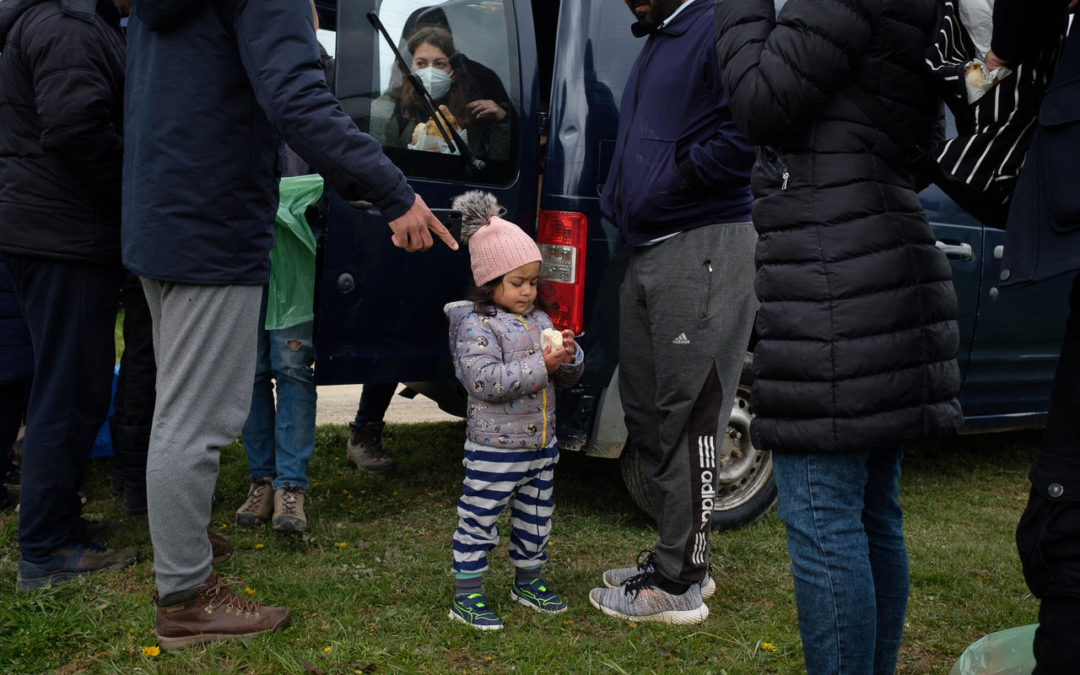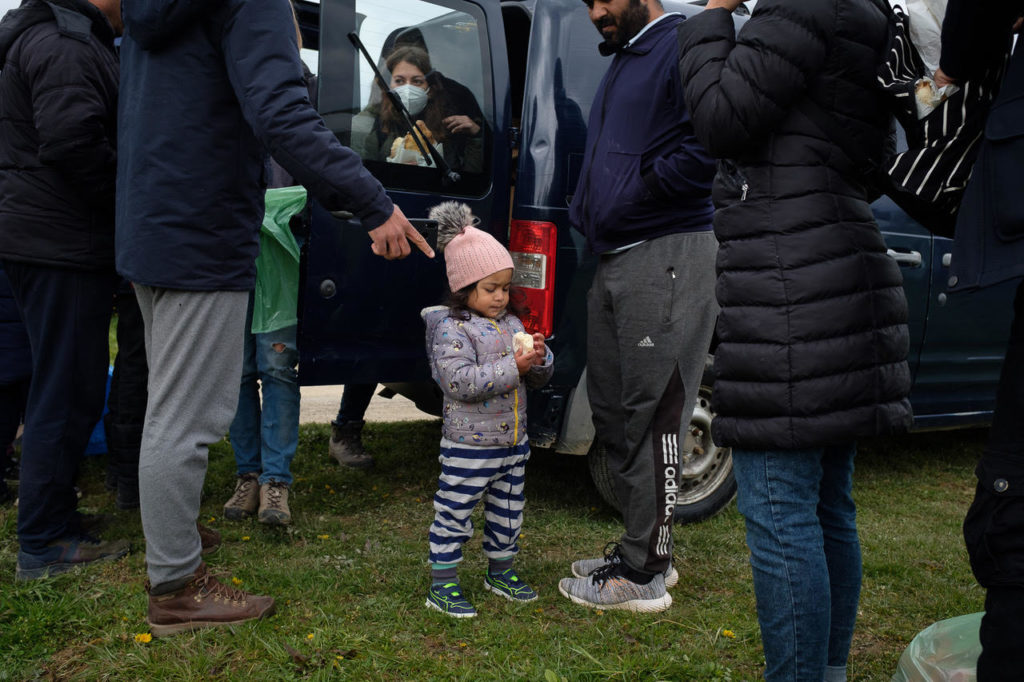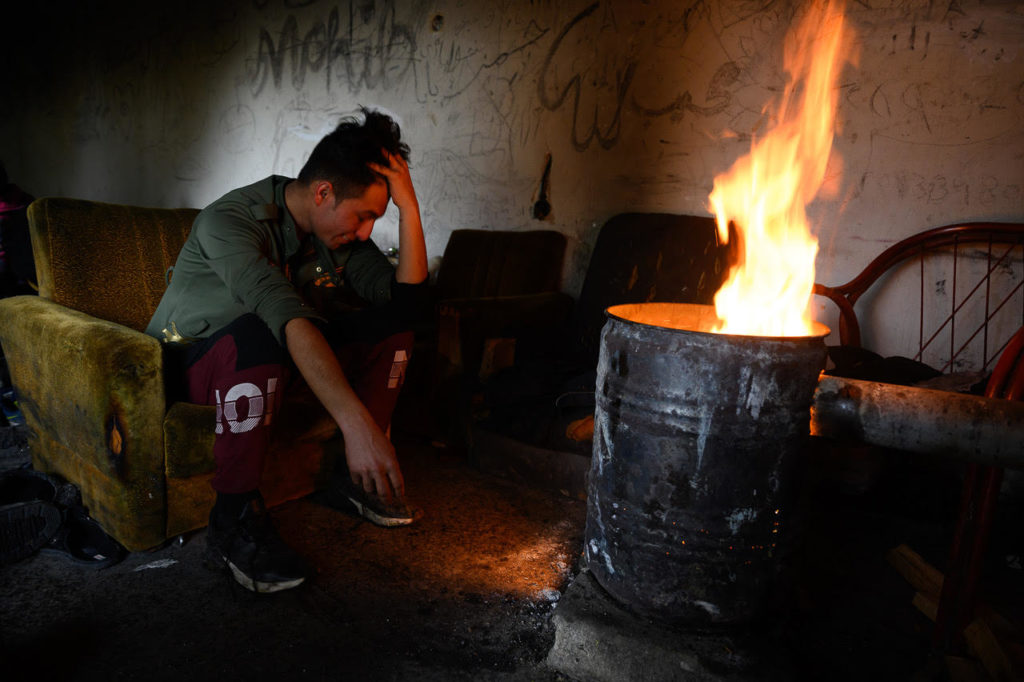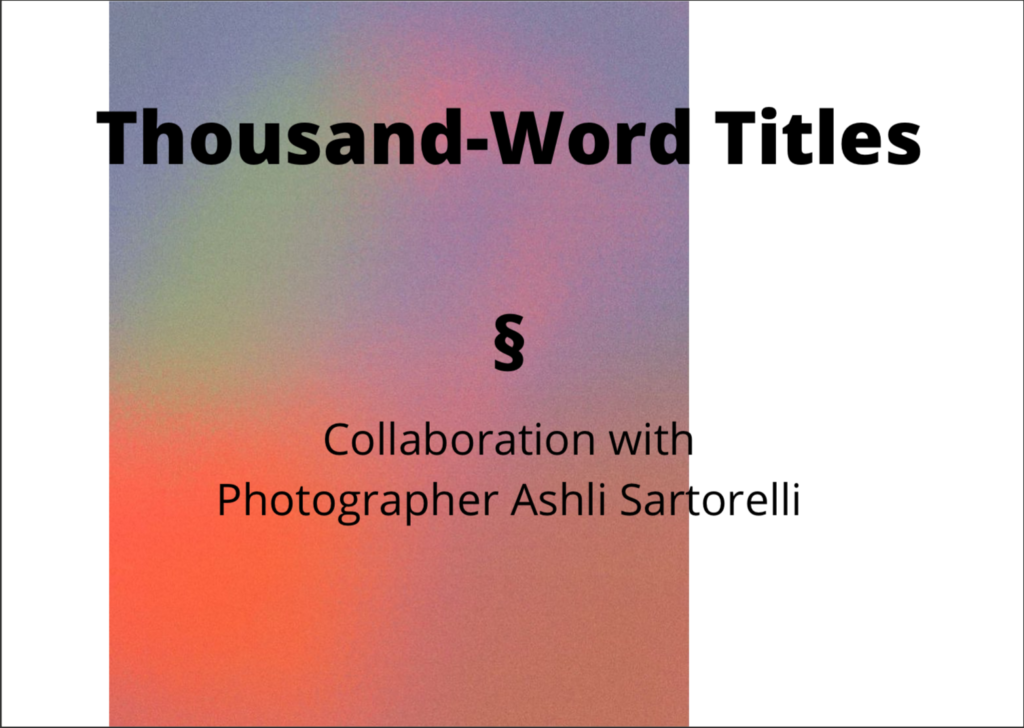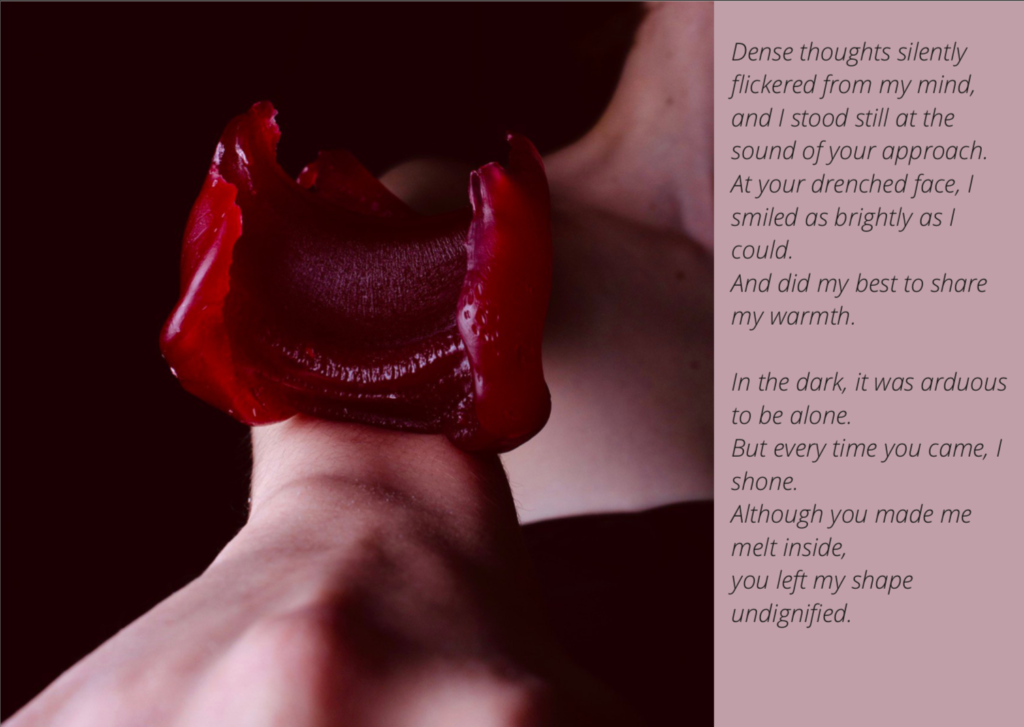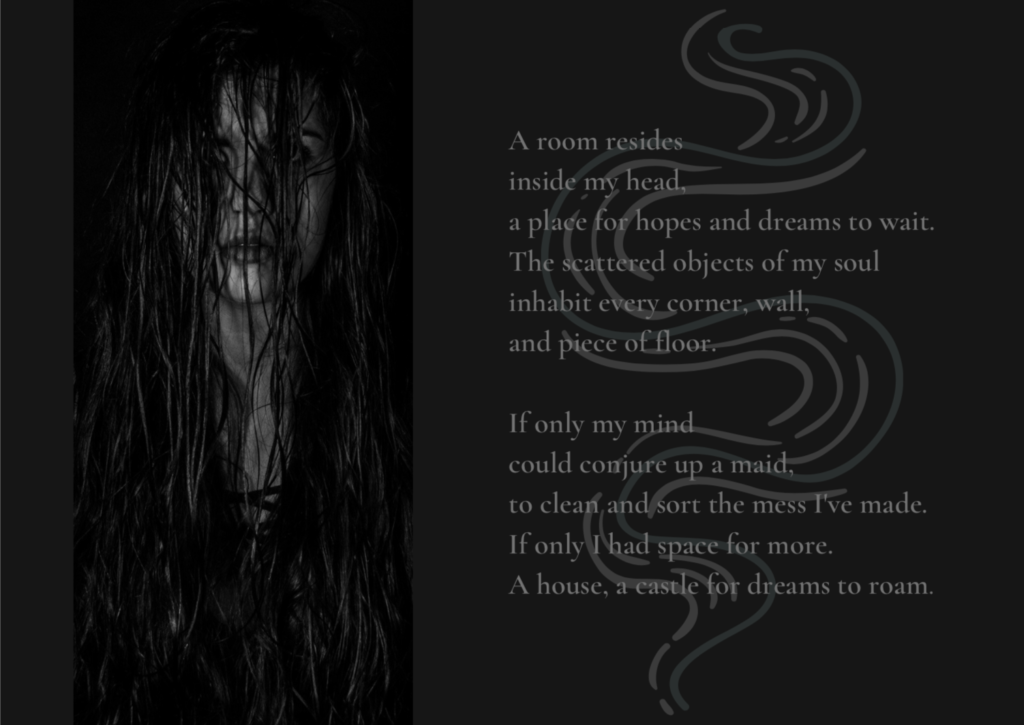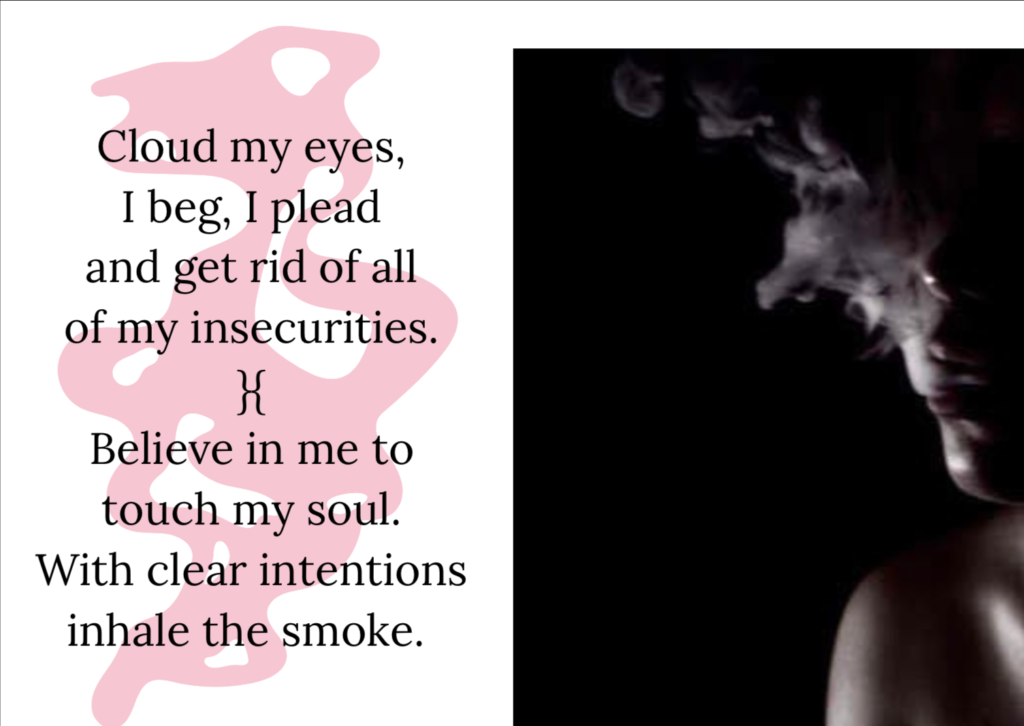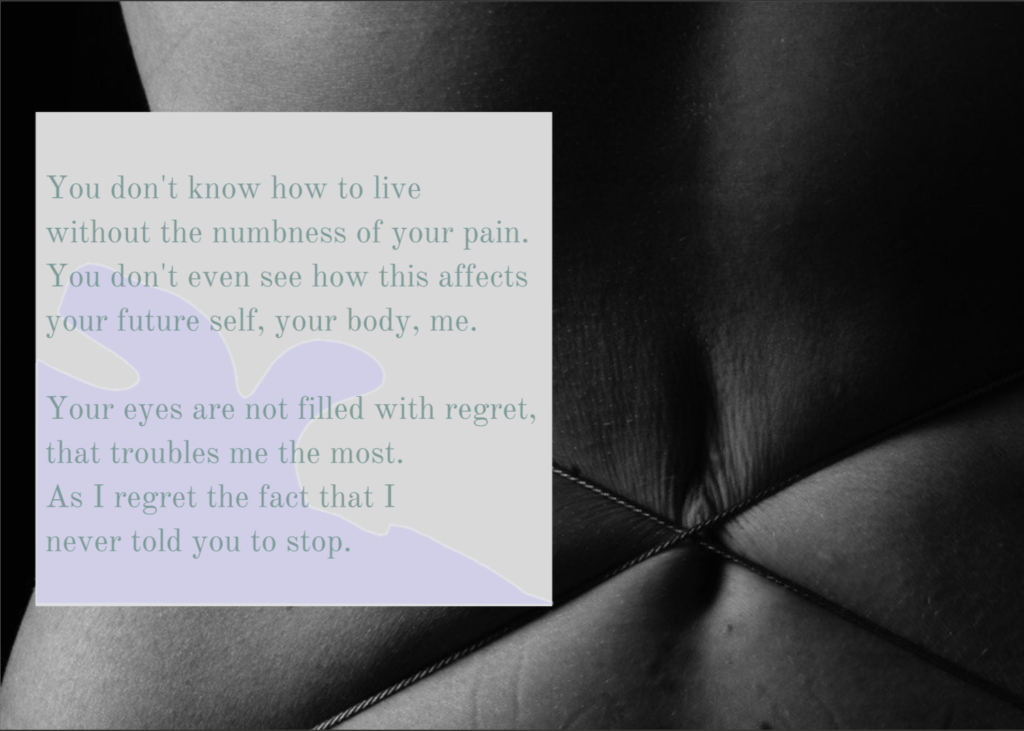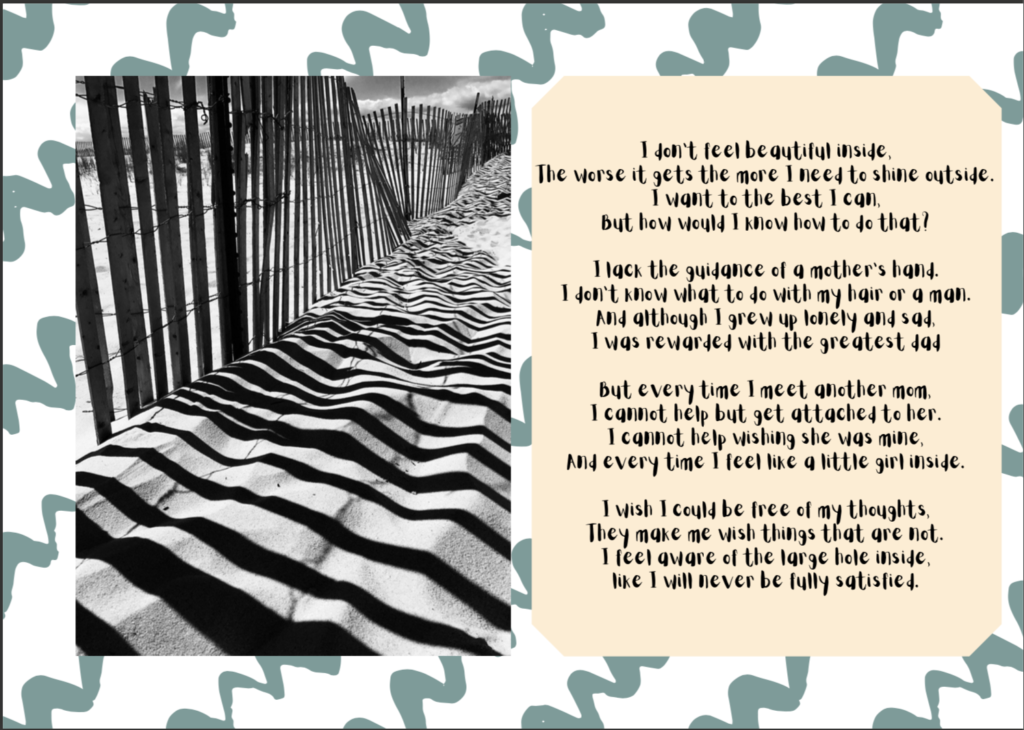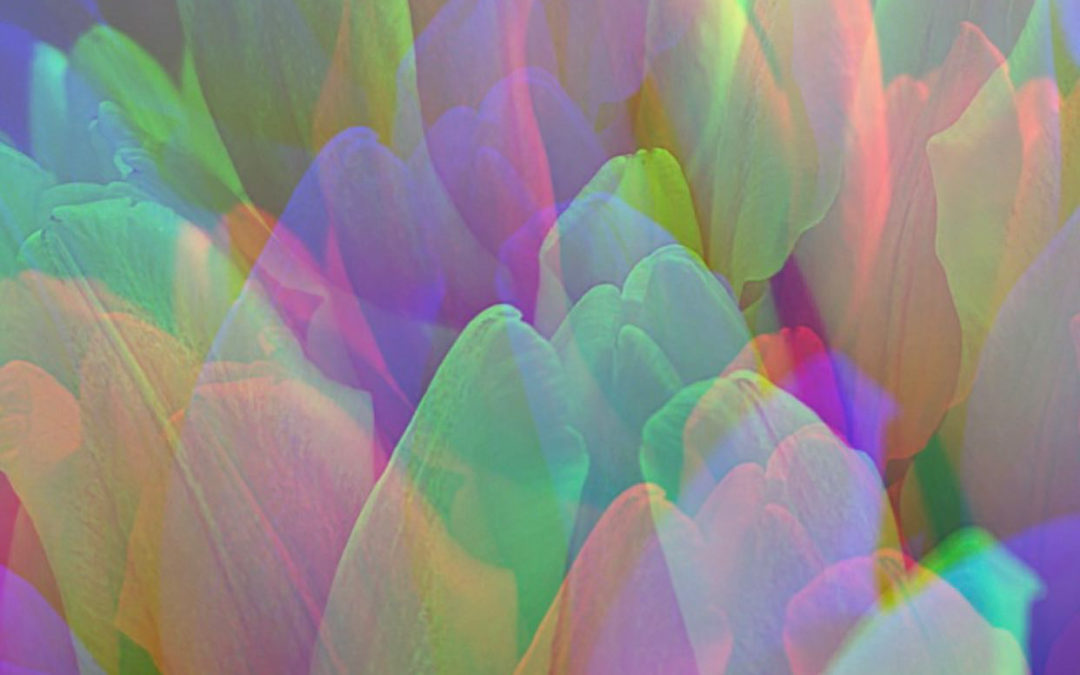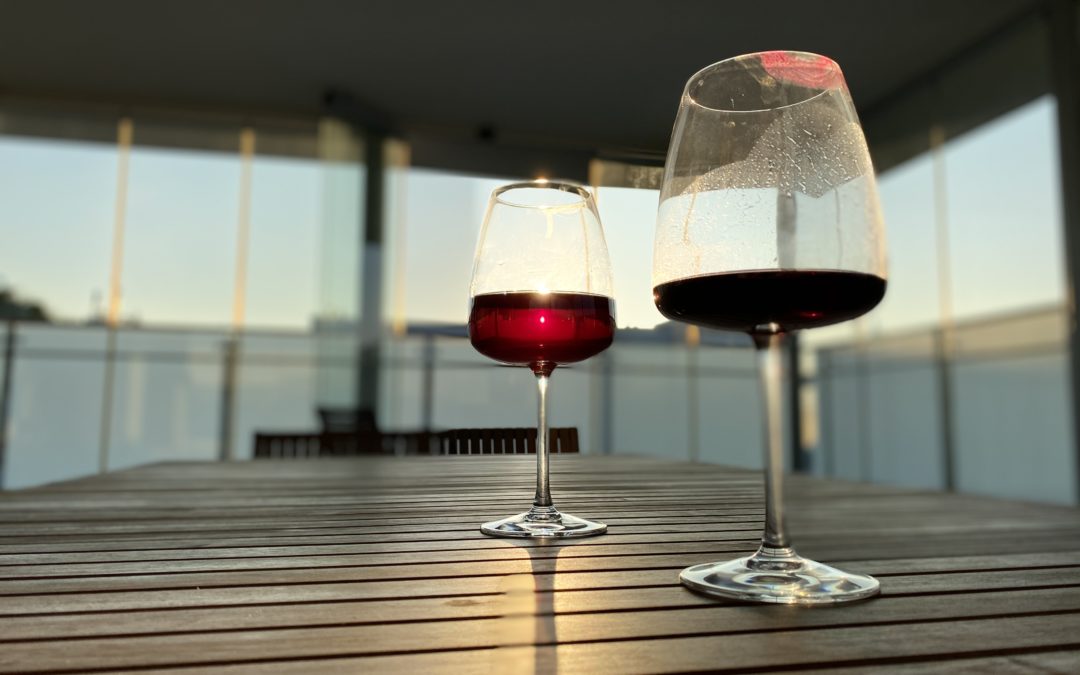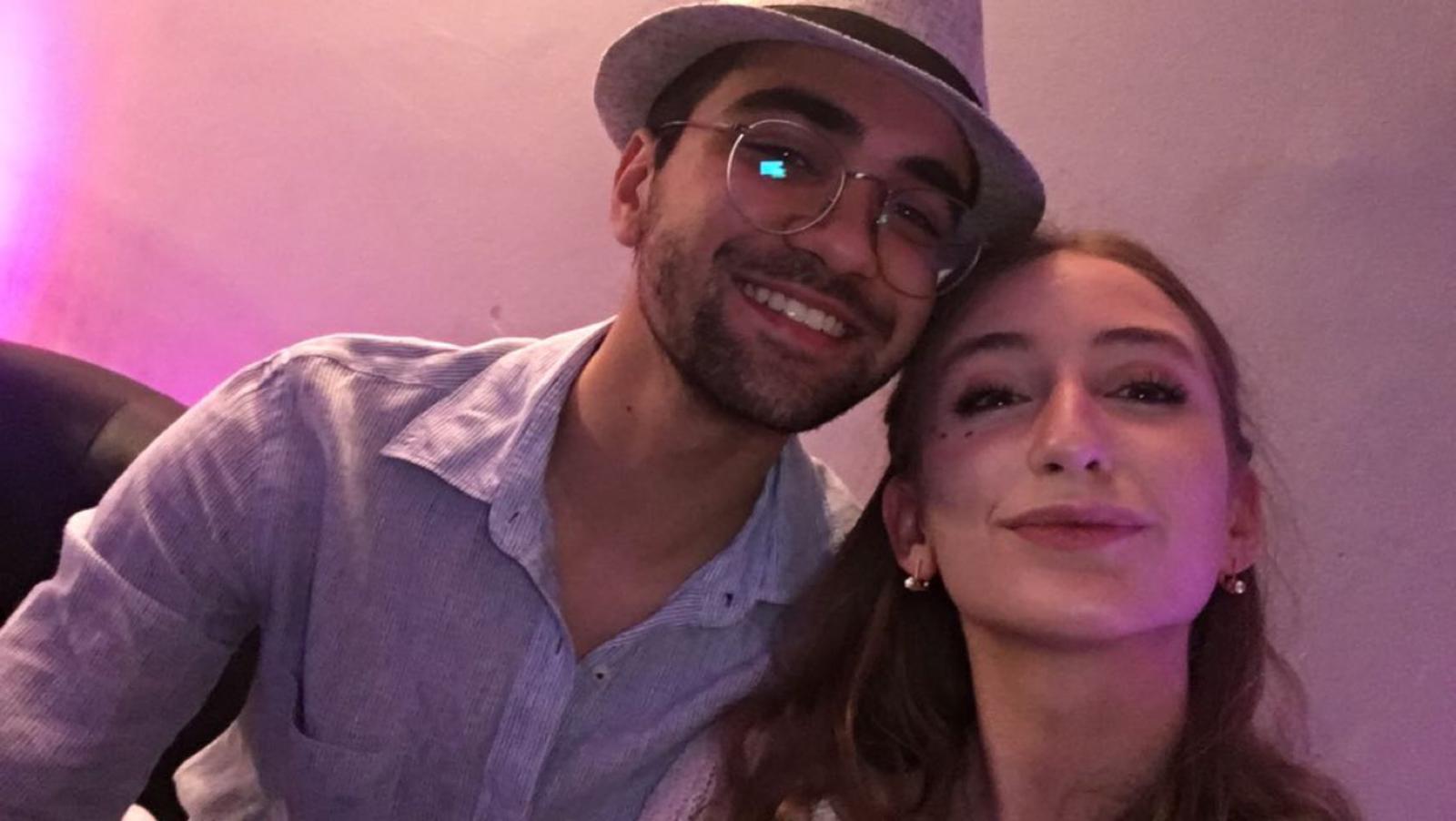It’s difficult to question the unknown, it’s even harder to admit to yourself that there is an off chance that there is nothing more to life than itself. Reality can be scary if the truth is we struggle endlessly through a world of pain, ultimately getting swallowed by a void of darkness, and our ashes are left to be scattered mournfully in fields of silence. So why are we surprised when we find out one of our friends is an astrology junkie, telling us our lives have true meaning in the stars? “People need something to believe in,” one interviewee explained, “and if it’s not going to be Jesus [religion], then it’s going to be astrology.”
Astrology examines the exact positions of the planets and constellations at the exact moment of a person’s birth and argues that these correspond systematically to their temperament, personality characteristics, interpersonal relationships, occupation, and auspicious periods of life.
Nearly every culture on earth has a practice of studying the stars; many modern movements or campaigns in war were guided with them — even the French government has an astrologer to consult today. Nonetheless, as a result of glossy magazines screaming pseudoscience and thinly veiled personality tests with loose associations to psychological conditions, astrology can seem fatalistic and narcissistic on the surface. Additionally, the scientific world has dismissed astrology as possessing no explanatory ability for understanding the universe. It is considered pseudoscience as it has not been proven reliable in controlled studies and has little scientific validity. Not to forget those that struggle with accepting astrology due to their faith, because the belief in the other-worldly goes against bible ruling. In fact, the Bible specifies astrologers as among those who will be “burned as stubble” in God’s judgment.
Under the surface, however, and when analyzed with methodology, diligence and faith; it calls into question our role in the universe, the nature of free will, and our understanding of humanity. It leads many people to consider whether physics and the alignment of the planets, may veritably have an impact on their existence. After all, if the moon can influence the ocean’s tides, what other forces are we having to contend with? Astrology connects us with the universe. Our bodies and the stars are all made of the same matter, so is it so impossible that maybe these ever-fixed markers guide us through life and transitions as we struggle to guide ourselves?
The American Federation of Astrologers recently reported that 70 million Americans, or about 23% of the population, read their horoscope every day compared to 12% readership recorded in a 1999 National Science Foundation survey. Although the result could be interpreted as the aftereffect of the evolving media landscape, it still indicates a considerable rise in horoscope viewership over the last two decades. Out of the seven interviewed volunteers, we found that two read it occasionally for the purpose of entertainment, four people read it at least once a week and one reads it every day. The only subject, when asked to comment on her daily routine, the subject responded that “reading my horoscope every morning gave me something exciting to wake up to. In a way, astrology might be the most stable thing in my life,” she joked “it’s there for my every morning with relatively good advice, no matter the given situation.”
I, myself am a skeptical creature, with trust issues to worry about. If you were to ask me a few months ago, whether I believe in astrology, I would have replied that it’s a nice idea, but “I’m too afraid to get my hopes up.” Despite these expectations, astrology ignited a spark of curiosity within me, and I finally took the bait once one of my closest friends began investing herself in the study of horoscopes, moon positions and even the magical properties of crystals. It was funny, it was even slightly ridiculous, and yet soon after I was saging rooms, watching libra tarot cards readings on YouTube and participating in lunar rituals.
Can you blame me? I’m not even a hundred percent sure I believe in it, yet I cannot lie that the concept and practice of astrology entertains me. It doesn’t stop at horoscope readings — astrology involves many practices including tarot cards, palm readings, crystals, moon rituals and the belief in chakras, auras and energies. The world of astrology is beautiful, creative and, as one very charming participant described, a “comfort zone.” “There’s no pressure in astrology,” another believer explained, “it’s just reading the sky. There are no rules, no strict guidelines. Definitely, no wars were fought over it.”
Astrology is not scary, it doesn’t bite. Hence, I challenge you dear reader to spin your wheel of fortune aka. Going on the internet. Simply, google your birthday and then type in ‘horoscope personality’ and see what comes up. Mine reads: As a Libra born on September 29th, you are creative and resourceful. While at first you may have your moments of shyness, as you grow older and gain more confidence, you will arrive to a position of power. Pretty cool, don’t you think? I would even say; spot on 😊! But people are biased and it’s hard to acknowledge your true nature, hence now I challenge you to google the horoscope of your friends, family and co-workers. Does it ring more true?
If you remain unconvinced, welcome to the majority. The concept that a zodiac reading, usually presented as short as a medium-sized paragraph, could apply to 1/12th of the population is hard to imagine to be true. By stating that large groups of people share personality traits, emotional plot twists and even luck, it consequently questions individualism, and diminishes our agenda in being unique individuals. However, these words are being written by an astrological enthusiast, who reads her horoscope once a week. What I have taken from this transition is my belief in the universe, in its balance and its intersectionality of events. I believe, that your horoscope finds you. Whether it is a magazine, an online app, a YouTube tarot reading or even a TikTok, you were always meant to stumble upon it and read it, and the more you focus on one source of information, the more it will align to you and you energy/soul. Nevertheless, I encourage readers to power their critical thinking whilst reading horoscopes. Because what is important is that we remember that sun does not revolve around us, but that the Earth and us revolve around the Sun.
